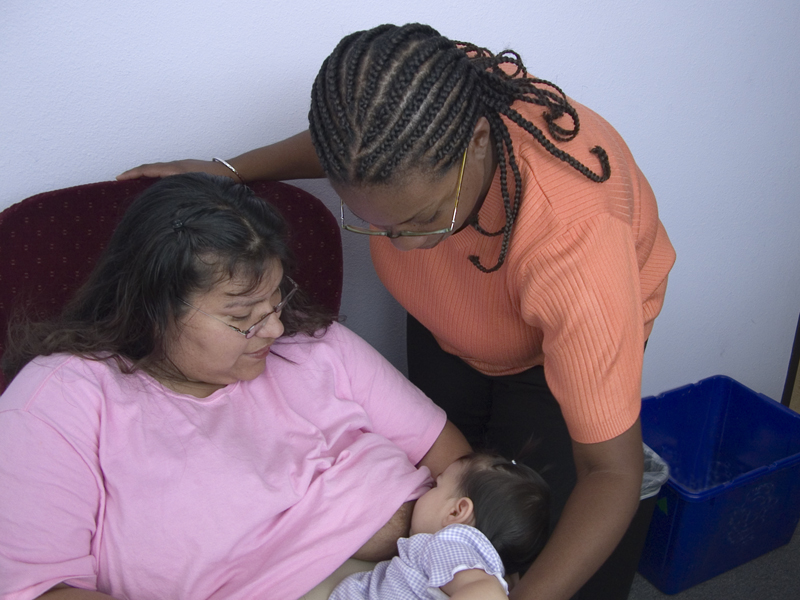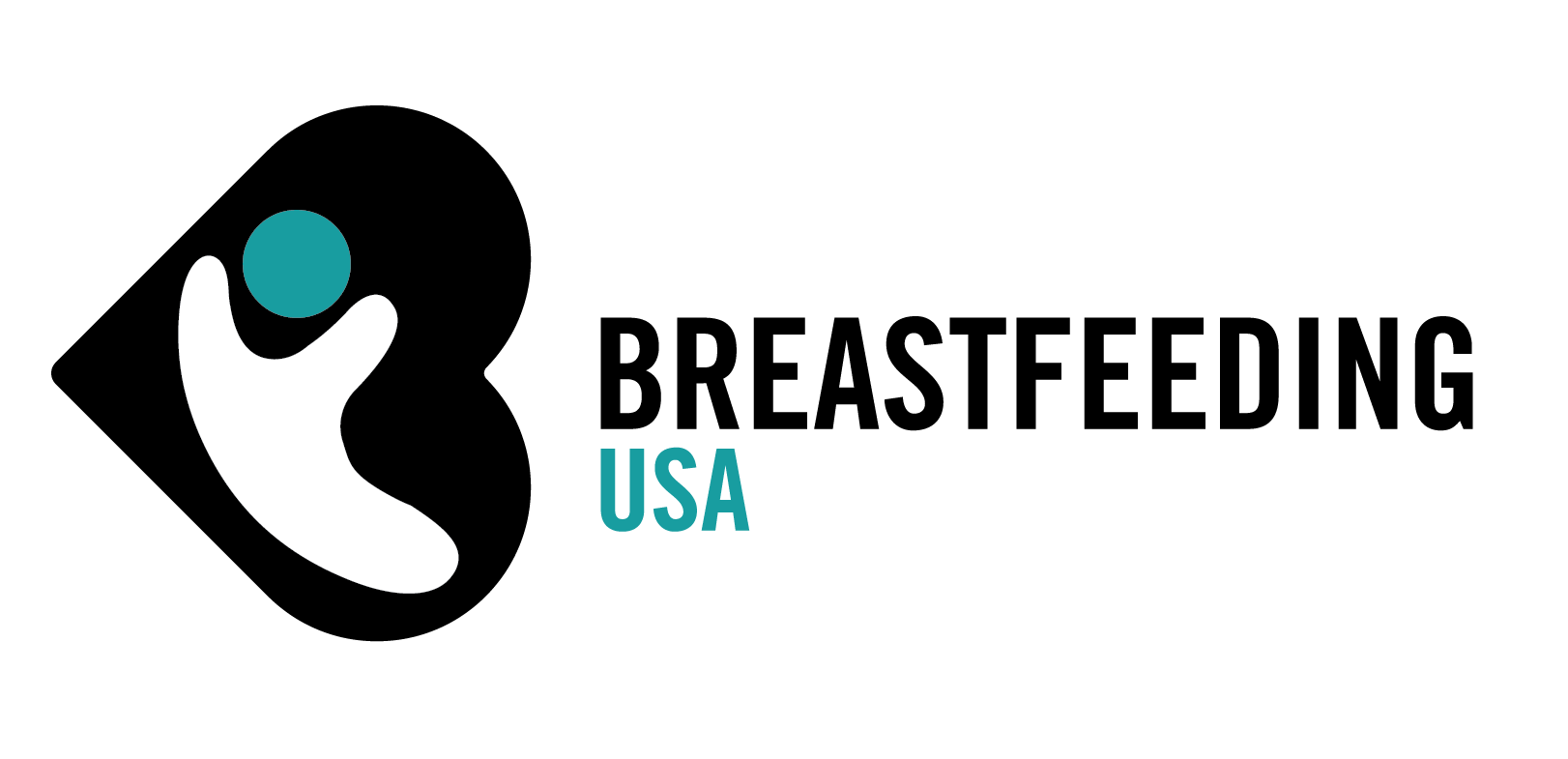By Karen Cuni

IBCLCs (International Board Certified Lactation Consultants) aren’t people we typically see when breastfeeding is going well. If we are working with one, we usually are tired, stressed, worried, overwhelmed, maybe in pain, or even wondering if our child is getting enough to eat. In this situation, it often feels like the most we can do is to contact one and hope they can help.
What are some reasons to check in with an IBCLC? It is often having a “gut feeling” that something isn’t right with breastfeeding. Additional reasons to see an IBCLC include [1]:
- Persistent difficulty with baby latching or pain while breastfeeding
- Inadequate diaper output–less that 2-3 stools per day by day 3 OR less than two voids (urination) per day by day 2 or less than 6-8 wet diapers by day 7 with 2-4 stools per day
- Persistent fussing at the breast–squirming, crying, pulling or arching off the breast
- Weight gain of less than 6 to 8 ounces a week.
Many of us are familiar with the experience of seeing an IBCLC and feeling great about how breastfeeding was going during the appointment, but at some point afterward, realizing that we can’t remember anything she said, or realizing there isn’t much improvement in breastfeeding for us or our baby. To make the most of your appointment, consider bringing these six questions with you to your IBCLC appointment and ask her to write the answers down in the charting or clinical report she provides so you can have a copy and refer back to them:
1. What are some of the possible reasons that I am seeing this particular behavior/problem?
A symptom of “pain,” for example, could come from poor positioning, a shallow latch, the baby chomping on the breast, a disorganized tongue (tongue moving all around), a mouth that isn’t opening wide enough, tongue ties, or other reasons, or some combination of these. Ask your IBCLC to identify the possibilities.
2. How do you determine which of those possibilities could be the culprit(s)?
Your IBCLC should be able to explain how or why she rules some out or keeps others as possibilities.
3. What is the plan for resolving the problem(s)?
Ask for a specific plan. For example, if you are pumping to supplement, what will you do to reduce and eliminate pumping to supplement and how long should you expect that process to take?
4. How will I know that the plan is working?
Your IBCLC should be able to tell you what to expect to know you are on the right track. For example, if you are trying to wean off supplementation, your IBCLC might ask you to look for baby to take less from the bottle as he takes more from the breast. Or you might look for an increase in diaper output, or she might ask you to return in a week for a weight check.
5. What do we do if the plan doesn’t work?
If you aren’t seeing the progress you both expected, ask her for alternatives, such as a different therapy or treatment. Revisit the second question and talk about whether there might be something else causing your problem.
6. Who else should I seek for help in addition to the IBCLC?
Many moms and babies benefit from seeing an OT (occupational therapist) or any bodywork provider, like a chiropractor or craniosacral therapist. Does your IBCLC think you should see a frenectomy provider for tongue tie evaluation? What about a second opinion from another IBCLC? Why or why not?
Appointments with IBCLCs or other health-care providers, including osteopaths, pediatricians, and other specialists, sometimes seem rushed and full of a lot of information. It can be a challenge to cover everything you want to discuss in a short amount of time, and also to remember what was discussed. Consider having a supportive friend or family member join you for your appointments. Write down your questions and concerns ahead of time, and ask your helper to take notes while you talk to your health-care professional. If you have a question or need clarification after you get home, don’t hesitate to check in; providers want to help!
Active participation in both our own and our children’s care can help ensure that we get the highest quality care possible.
References
1. What Is a Lactation Consultant (IBCLC) And When To Call, ILCA.org
2. How can I make sure my doctor spends enough time with me? AskDoctorK.com
Karen Cuni
Karen lives with her three children near the beach in the Los Angeles metro area. She has experience with tongue tie, slow weight gain, breastfeeding while employed, and toddler nursing. She has been a Breastfeeding Counselor since 2013 and loves helping
© Copyright 2017 Breastfeeding USA, all rights are reserved.
